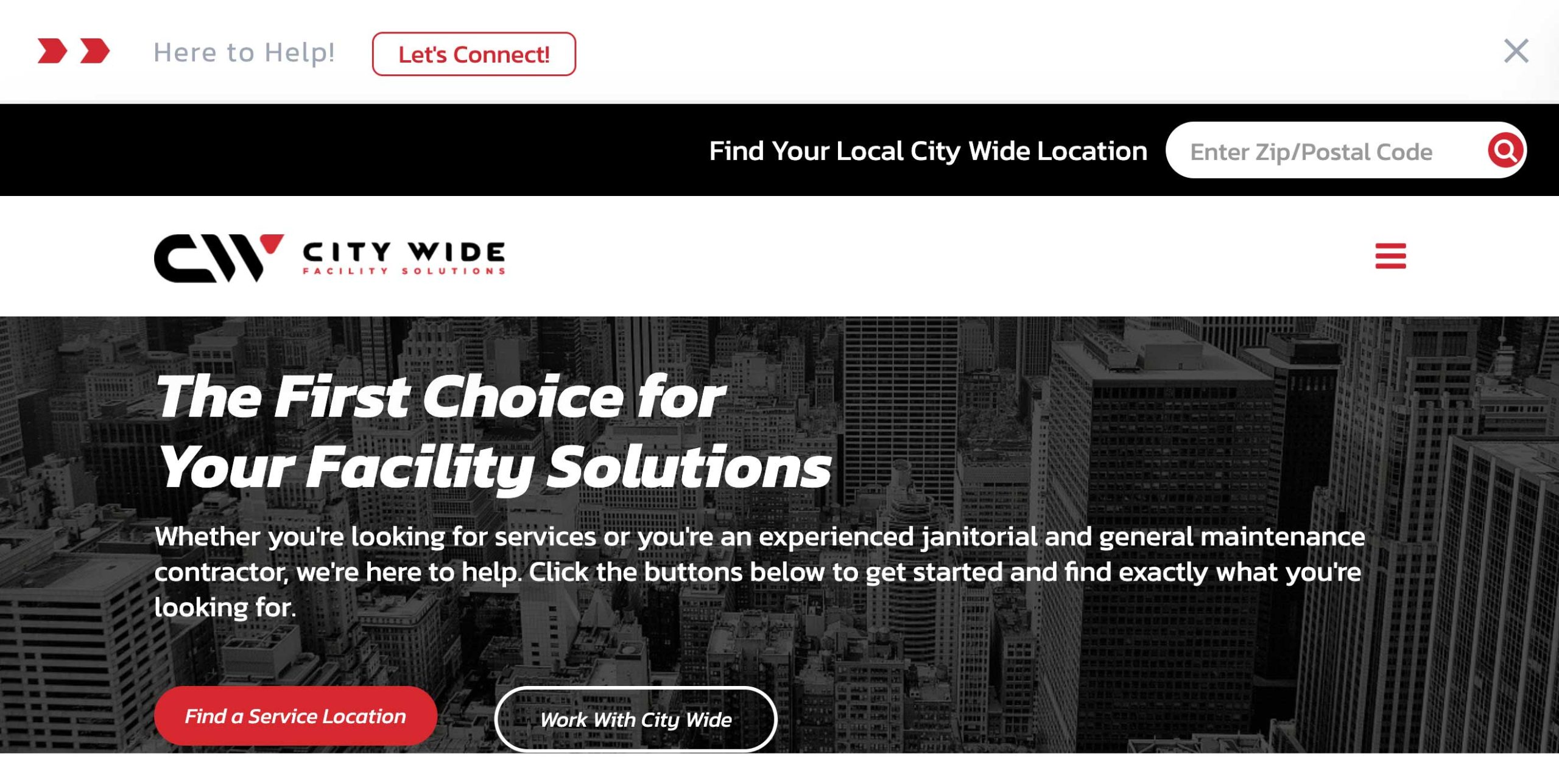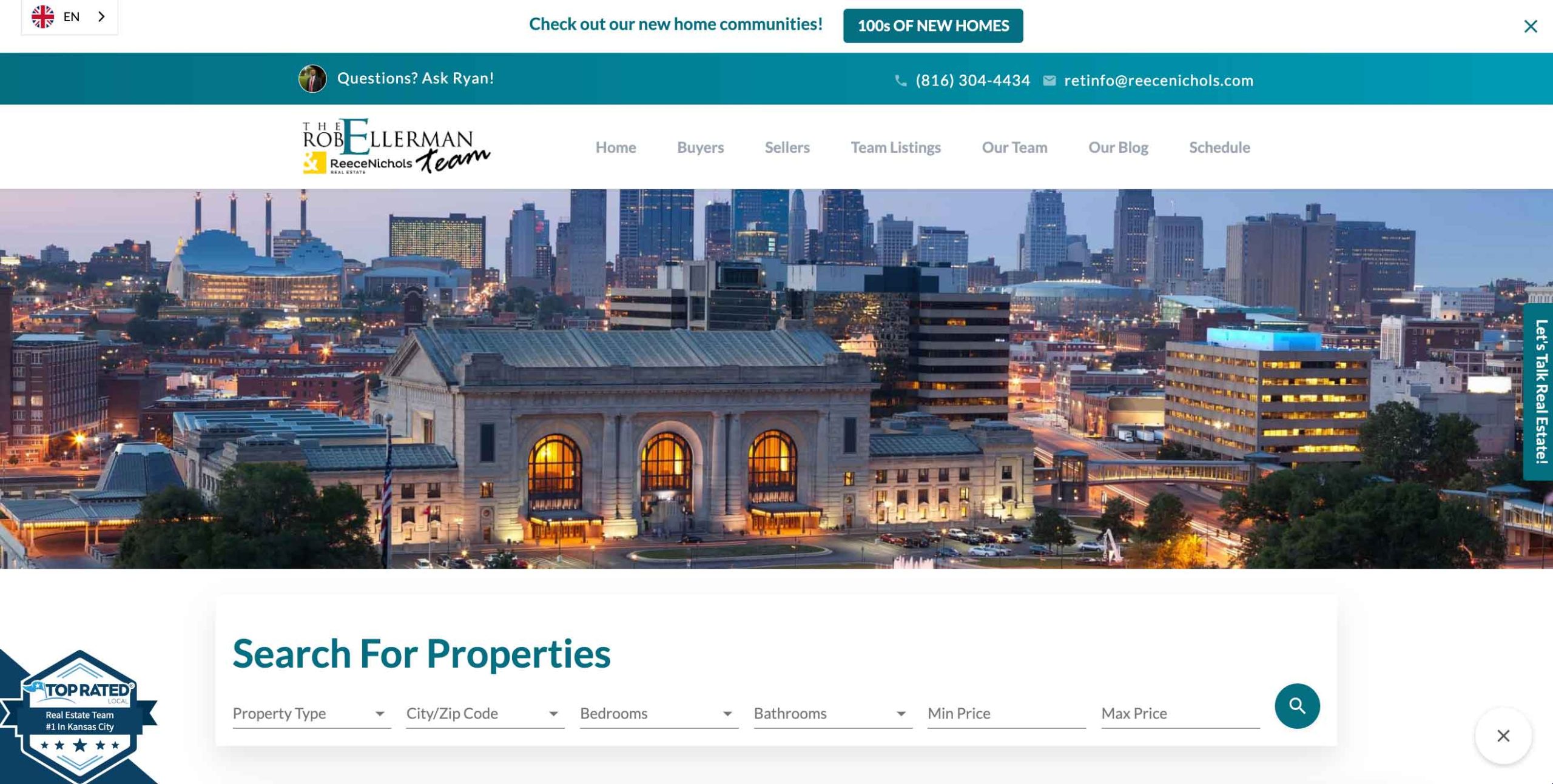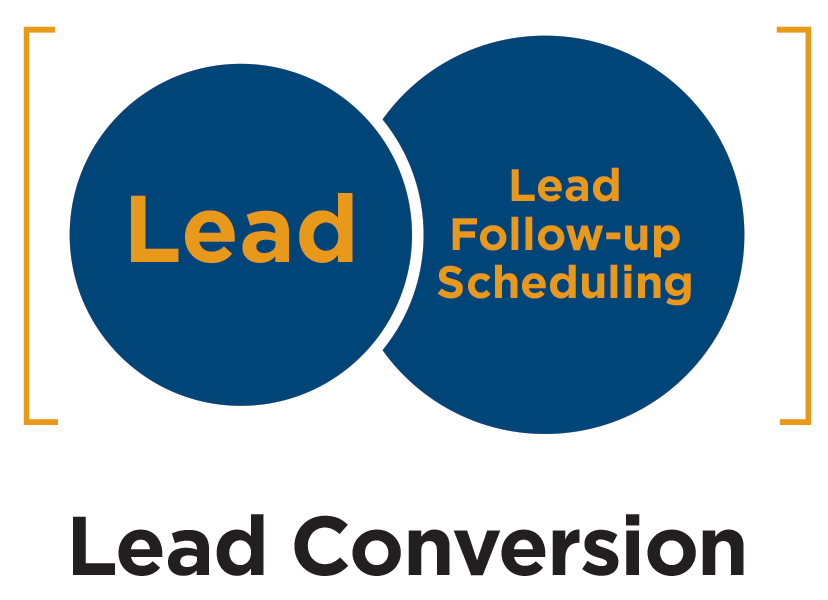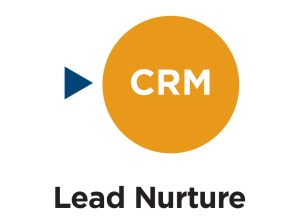When you go into an insurance appointment, you can earn clients’ trust and confidence right away by first understanding what they need.
An insurance meeting gives you a chance to hear your clients’ concerns, understand their needs, and provide them with the expertise they need to put their insurance worries behind them.
No matter what type of insurance you are selling, helping your clients choose the right insurance plan requires active listening, insurance expertise, and expert recommendations.
Meeting Your Clients’ Needs Requires Active Listening Skills
It is common for insurance agents to take the lead during insurance appointments, advising clients about what they need before they even say a word.
Today’s clients are looking for guidance on insurance, but they are also looking for a good customer experience. A good insurance meeting is one where your client feels heard. The way to accomplish that is by using active listening skills.
Before you can decide which insurance coverages a client needs, you need to learn what concerns are keeping them up at night. You may be aware of common risks, but your client may have concerns about unique risks you may not be aware of.
Active listening means you focus on what the client is saying and demonstrate you understand what they are saying by using relevant words and gestures.
By the end of your meeting, you should know what insurance coverages they currently have, if their policy fits their needs, and whether there are any gaps in coverage. Moreover, learn if they have a budget for their premiums.
Educating Clients on the Nuances of Insurance
When you work in the insurance industry, insurance jargon is the norm. However, your clients work in other fields, and they may not understand the insurance terms you use every day.
When meeting with insurance clients, take things slowly. Take time to explain insurance terms and concepts they are not familiar with. Watch their facial expressions and body language for signs of confusion.
Your clients will better understand the application process when you can explain insurance specific company approaches, application requirements, and the importance of the underwriting process. Educate them about the types of issues that make a particular insurance company right for them based on factors such as unique coverages, adequate limits, exclusions, etc.
Seek confirmation that clients understand what you are saying. Keep your explanations brief and give them time to ask clarifying questions.
Discussing Your Recommendations with Clients
The best time to discuss your recommendations with clients is toward the end of the meeting. A good way to open the conversation is to talk about the coverages they have. Explain which coverages are working and why they should keep them.
Follow those remarks with a discussion about any gaps in coverage you have noted. Finally, make your recommendations about the full package of coverages you believe they need. Be prepared to explain why you are making your specific recommendations.
If appropriate, present clients with different options and point out the pros and cons of each.
Once the client has made their final decision, explain the application process, time-frames, and premium payment plans. Be sure to follow up with clients to complete the sale if you have not done so already.
Final Thoughts
Customers have changed, and traditional insurance selling must change along with it if insurance brokers and agents are to continue to be successful. The steps we have outlined for you are applicable whether you are selling home, auto, life, business, or specialty insurance.
Helping clients choose the right insurance plan is something every insurance broker and agent can feel good about at the end of the day.







